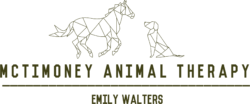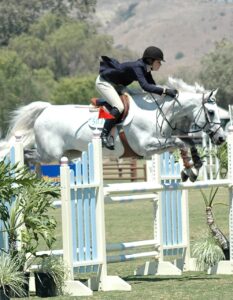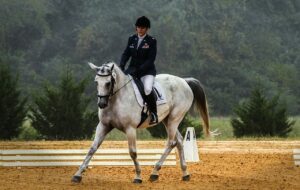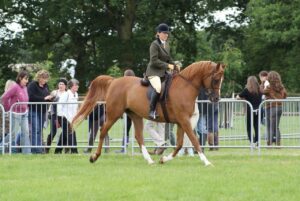Dental issues are a common problem with horses and should be addressed by a qualified Equine dentist or vet. Sharp teeth can result in issues with accepting the bit which can then lead to issues with performance and musculoskeletal problems. Your Equine Massage Therapist and McTimoney Chiropractor will work in conjunction with the Equine Dentist to help restore levels of previous performance by reducing the pain and discomfort.
How to Tell if your Horse needs to see a Dentist?
• You may notice an unpleasant smell to your horses breath or swelling of their face.
• Your horse may change his eating habits such as dribbling feed, holding the head to the side whilst eating or refusal to eat. Your horse may start dropping half chewed hay balls on the floor called quidding.
• An unusual reluctance to have a bit placed in their mouth.
• A reluctance to accept the bit or tilting the head to one side whilst being ridden.
Common dental issues in molars:
• Sharp edges- caused over time as horses teeth erupt and result in lacerations and ulcers on their cheeks. Causes quidding.
• Milk teeth problems-young horses replace their milk teeth with their adult teeth between 2 and 5 years old. This can be painful and young horses should have their teeth checked every 6 months.
• Wolf teeth-small conical teeth that can interfere with the bit and can be removed. This is easier to
do in younger horses.
• Hooks- develop right at the back of the mouth and are common in horses with either an under bite or an overbite. They can restrict the movement of the jaw and cause discomfort which may lead to eating difficulties.
• Steps, ridges and waves-all irregularities in the lie of the molars which need attention from a dentist.
• Decayed teeth-can be caused by old age, trauma, or abnormal wear over a long time. Needs to be treated as it can progress to infections of the sinus cavities.
Common dental issues in incisors:
• Abnormalities in the lie of the teeth when looked from straight on such as ventral curvature or ‘smile’, dorsal curvature or ‘frown’, and slant to either side. These can be difficult to treat and will usually need continued care.
• Missing tooth-a missing incisor results in the opposing tooth not being worn down properly. This is an on-going problem.
• Overbite-‘parrot mouth’ causes hooks and sharp edges of the molars so will need regular dental care. Opposite is an under bite or ‘sow mouth’ which is uncommon but causes similar dental issues.
You should examine your horse’s teeth regularly looking at the incisors from the front and smelling their breath. Also look for any of the signs of dental issues listed above. It is vitally important to get your horses teeth checked every year and more frequently if they suffer from a particular issue. Dental issues can lead to horse back problems which can be addressed by a McTimoney Animal Chiropractor and Equine Massage Therapist who can address restrictions in movement of the spine and relieve muscular discomfort.
Book an Equine Sports Massage
Areas covered in UK: Worcestershire and surrounding counties.
Book an Equine Sports Massage or Call Emily Walters on 07983 565 438



